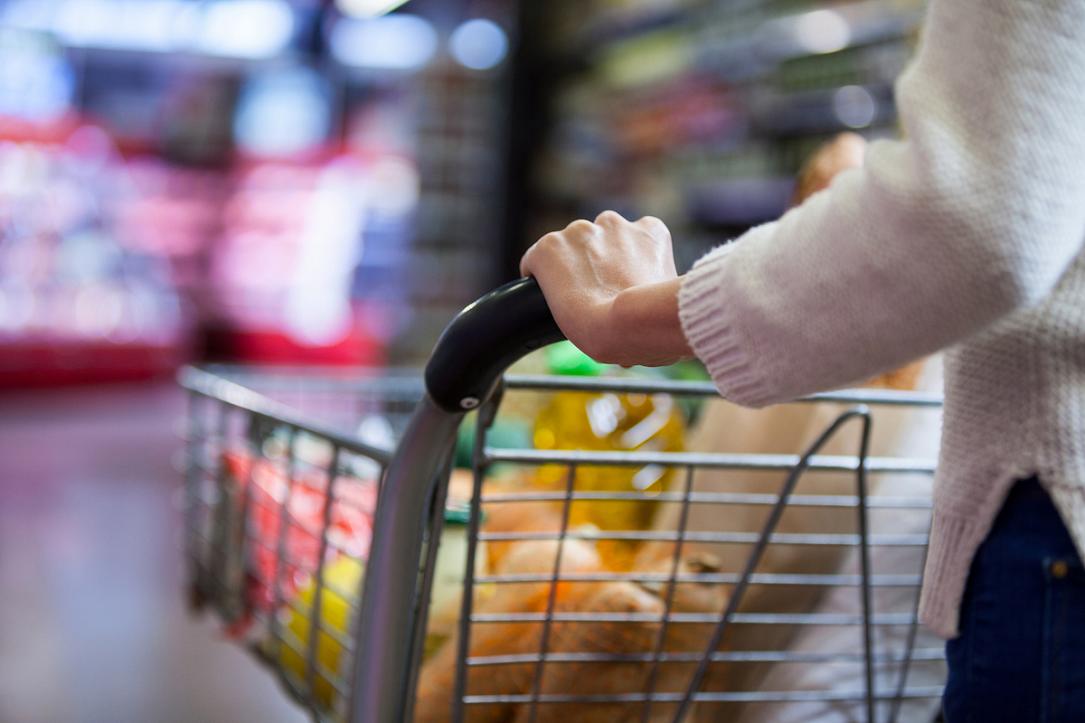Romania’s Govt. publishes food price bill draft, aims to cap markups



The Government of Romania published the draft emergency ordinance aimed at keeping the prices of basic food goods under control by capping the markups charged by food processing companies, distribution companies and retailers.
The markups charged by the three categories of companies would be capped at 20%, 5% and 20%, respectively, under the bill. The markup for the distribution segment is capped at 5%, irrespective of the number of distribution companies involved.
The model doesn’t cover the small shops in the rural area that purchase the goods from cash-and-carry or retail stores, but it can be assumed that they are allowed to charge another 20% on top of the purchase price plus other direct and indirect costs.
The experts broadly agreed that the mechanism is cumbersome and will fail to deliver the desired results.
The categories of goods subject to the bill are defined very restrictively; hence the companies involved can easily bypass the restrictions by packaging the goods or packaging them differently.
Thus, only the medium-sized eggs in 10-piece boxes are subject to the bill, while the most common boxes have 30 pieces. Similarly, only the milk with a 1.5% fat content in a 1-litre bottle is covered by the bill.
In total, the bill outlines 14 categories of food goods, among which unpacked fruit and vegetables, sunflower oil (1 litre), sugar and corn/maize flour (1 kg) and cheese (from cow milk, not packed).
(Photo: Wavebreakmedia ltd/ Dreamstime)
iulian@romania-insider.com